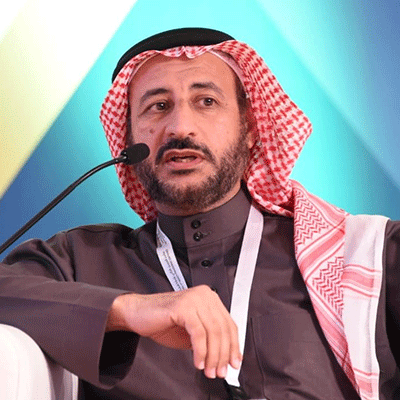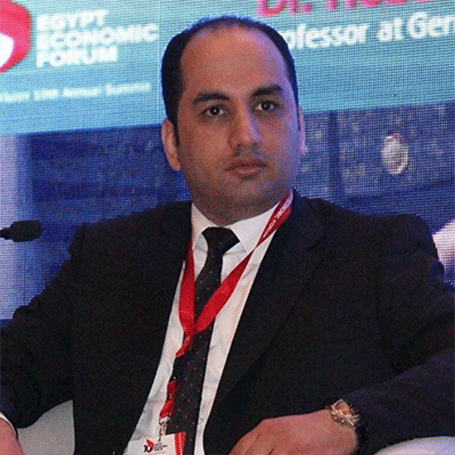
Kuwait Budget Has Smaller Deficit, Lacks Engines for Change

22
January 22,2019Kuwait Budget Has Smaller Deficit, Lacks Engines for Change
Kuwait unveiled budget proposals that forecast a slightly smaller deficit despite higher spending, but little sign of the reforms the finance minister says he endorses.
The deficit for the year starting April 1 is forecast at 7.7 billion dinars ($25.4 billion), 2.1 percent below the current year’s estimate. That’s after the transfer of 10 percent of total revenue to the Future Generations Fund, which invests overseas and is managed by the sovereign wealth fund.
Finance Minister Nayef Al-Hajraf said spending is projected to rise 4.7 percent to 22.5 billion dinars, significantly lower than the 30.5 billion dinars predicted a month ago. The cabinet approved the budget on Monday and submitted it to parliament, he said.
“The new budget aims to drive economic growth by maintaining a high capex ratio of 17 percent” while “tightening controls to curb wasteful spending and continue to gradually introduce fiscal reform,” Al-Hajraf said. Other key figures include:
Estimated revenue of 16.3 billion dinars
Oil income of 14.52 billion dinars
Non-oil revenue up 5.4 percent to 1.87 billion dinars
Calculations based on an oil price of $55 a barrel, compared with $50 in current year
Wages and subsidies account for 71 percent of the new budget, compared to 73 percent this fiscal year
Jassim Al-Saadoun, head of Kuwait-based Al-Shall Economic Consultants, called the budget “disastrous” -- and not only because it topped the government’s designated spending cap by more than 10 percent.
“There’s no creation of jobs and no diversification from oil,” Al-Saadoun said. “There’s no hope and they’re not trying to adjust to a decline in oil prices.”
Al-Hajraf said last year that projected spending would be capped at 20 billion dinars in the 2019/2020 fiscal year and 21 billion dinars the following year.
Asked about the 2.5 billion dinar discrepancy this year, the minister said spending had been adjusted in accordance with “real needs” including new hiring and anticipated additional parliamentary outlays.
Like other Gulf economies, Kuwait has sought to better manage subsidies and to introduce taxes since the slump in oil prices from 2014 triggered a budget shortfall. But its efforts haven’t moved beyond a blueprint, derailed by domestic political opposition and rising crude prices. Tumultuous relations between the elected parliament and the government appointed by the country’s hereditary emir have produced seven administrations in as many years.

الأقسام
أحدث الأخبار
-
Kuwait Budget Has Smaller Deficit, Lacks Engines for Change
January 22,2019
-
Here’s why the global economy is headed for a recession in 2019
January 22,2019
-
Saudi economy to grow slower this year on lower oil prices
January 22,2019
-
حفل جوائز الابداع والتميز 2018
October 30,2018
-
الخطة الاعلامية 2018
October 30,2018
-
الخطة التسويقية للحدث 2018
October 30,2018





